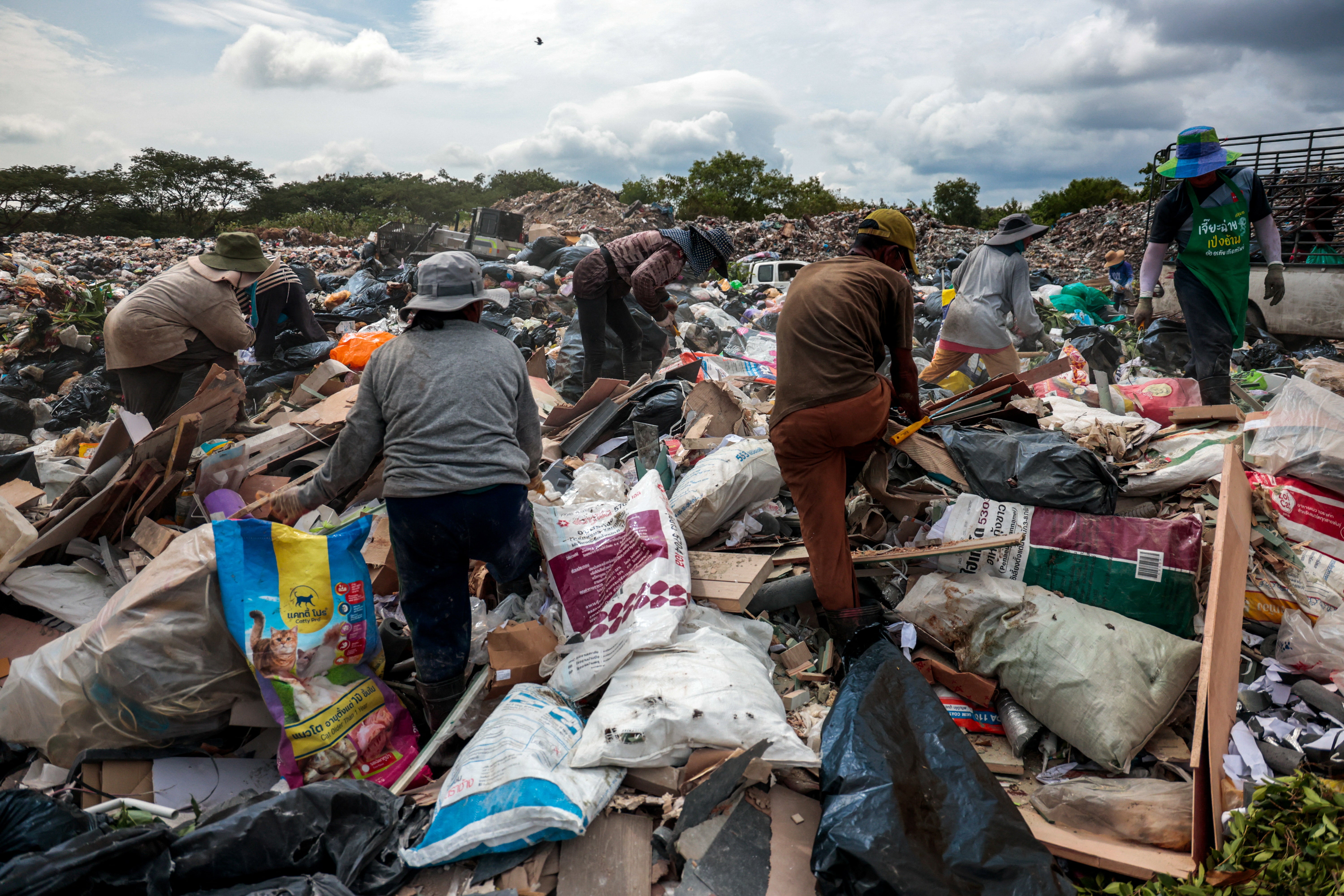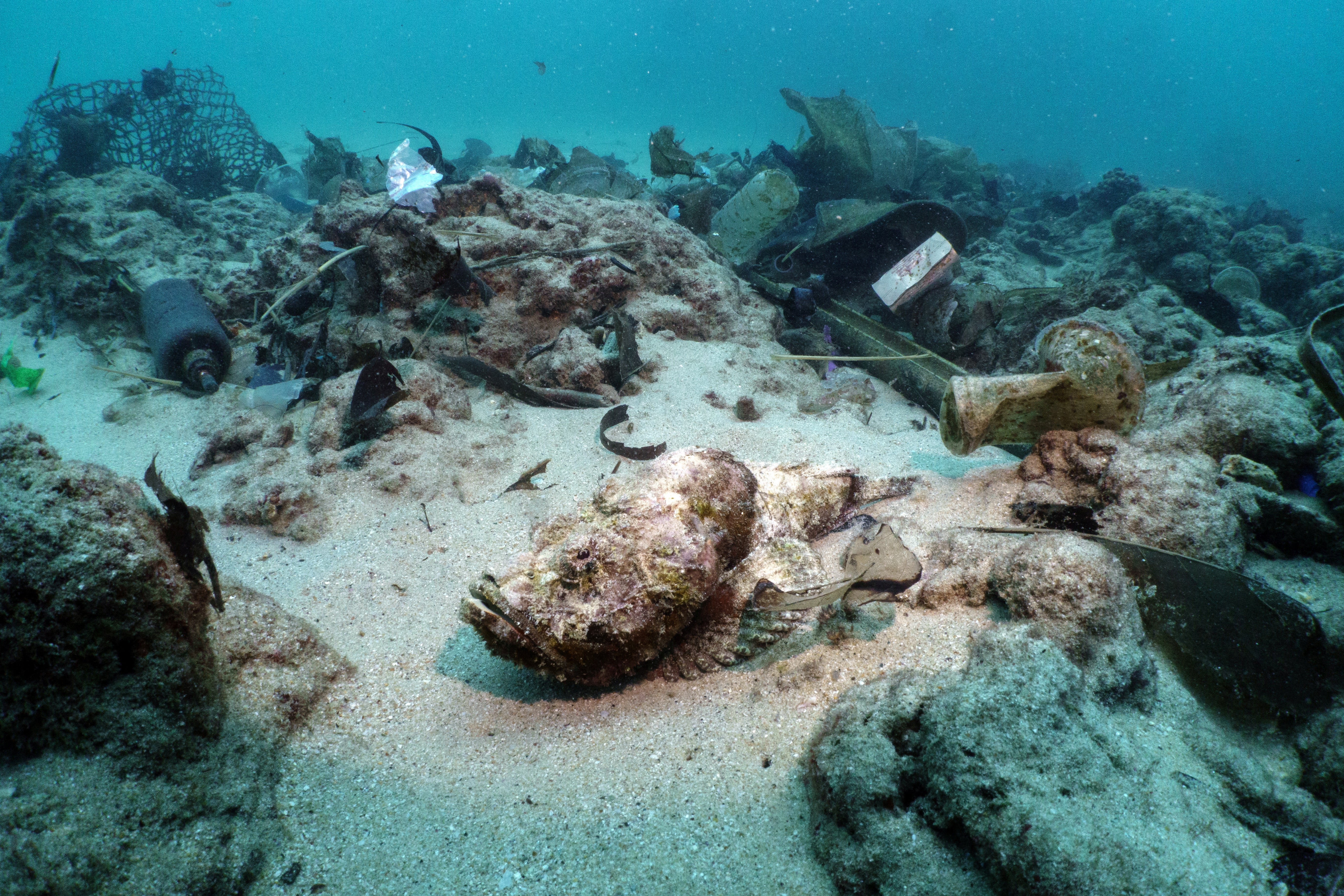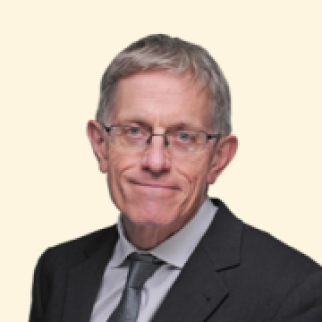Rapid development and burgeoning tourist numbers on the Thai island of Phuket are resulting in increasing problems with rubbish, threatening the pristine beaches.
More than 1,000 tonnes of waste is collected on Phuket every day, with a sprawling landfill now taking over one corner of the island.
In a matter of months, the landfill has grown so large it has replaced the previously serene mountain view from Vassana Toyou’s home.
“There is no life outside the house, (we) just stay at home,” she said. “The smell is very strong, you have to wear a mask.”
To cope with the stench, Vassana said she keeps her air conditioner and air purifiers switched on all the time, doubling her electricity bill.

Phuket, Thailand‘s largest island, has undergone rapid development due to its tourism sector, a major driver of the Thai economy as a whole. Of the country’s 35.5 million foreign arrivals in 2024, about 13 million headed to the island.
“The growth of (Phuket) city has been much more rapid than it should be,” said Suppachoke Laongphet, deputy mayor of the island’s main municipality, explaining how a tourism and construction boom has pushed rubbish volumes above pre-Covid levels.
By the end of year, the island could be producing up to 1,400 tonnes of rubbish a day, overwhelming its sole landfill, he said.

Authorities are pushing ahead with plans to cut waste generation by 15 per cent in six months, expand the landfill and build a new incinerator, he said, as the island strives to become a more sustainable tourist destination.
But increasing capacity and incinerators is only part of the solution, experts say.
“If you just keep expanding more waste incinerators, I don’t think that would be just the solution,” said Panate Manomaivibool, an assistant professor in waste management at Burapha University.
“They need to focus on waste reduction and separation.”
Click Here to Read the Full Original Article at The Independent Travel…
